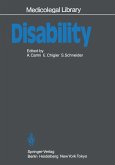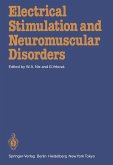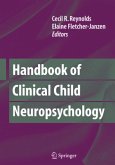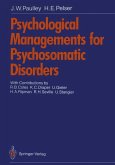Psychoprosthetics brings together, into one easily accessible volume, the most recent and exciting research and knowledge in this new field. Psychoprosthetics is defined as the study of psychological aspects of prosthetic use, and of rehabilitative processes in those conditions that require the use of prosthetic devices.
From the reviews:
"Psychoprosthetics is an important new text for the field of rehabilitation. The editors are leaders in the field of psychology ... and have gathered together an excellent group of contributing authors. ... The chapters finish with a discussion of the research needed to advance the field ... . Psychoprosthetics is a reference text that should be embraced by clinicians of varied disciplines and expertise. ... This book likewise highlights the great need for further research in this important area of medicine." (Todd Alan Kuiken, JAMA, Vol. 299 (16), 2008)
"This book uses an interdisciplinary perspective to explore the psychosocial issues of persons who require prosthetic devices. ... This book has the most up-to-date research and references that one can find in the area of loss of limb and prosthetics. ... must for anyone who is a student, practitioner, and/or researcher who works or intends to work with a person who has a prosthetic devise. ... it is a book for professionals in all disciplines who work in the area of rehabilitation, and I agree." (Catherine S. Wilson, Doody's Review Service, February, 2010)
"Psychoprosthetics is an important new text for the field of rehabilitation. The editors are leaders in the field of psychology ... and have gathered together an excellent group of contributing authors. ... The chapters finish with a discussion of the research needed to advance the field ... . Psychoprosthetics is a reference text that should be embraced by clinicians of varied disciplines and expertise. ... This book likewise highlights the great need for further research in this important area of medicine." (Todd Alan Kuiken, JAMA, Vol. 299 (16), 2008)
"This book uses an interdisciplinary perspective to explore the psychosocial issues of persons who require prosthetic devices. ... This book has the most up-to-date research and references that one can find in the area of loss of limb and prosthetics. ... must for anyone who is a student, practitioner, and/or researcher who works or intends to work with a person who has a prosthetic devise. ... it is a book for professionals in all disciplines who work in the area of rehabilitation, and I agree." (Catherine S. Wilson, Doody's Review Service, February, 2010)








